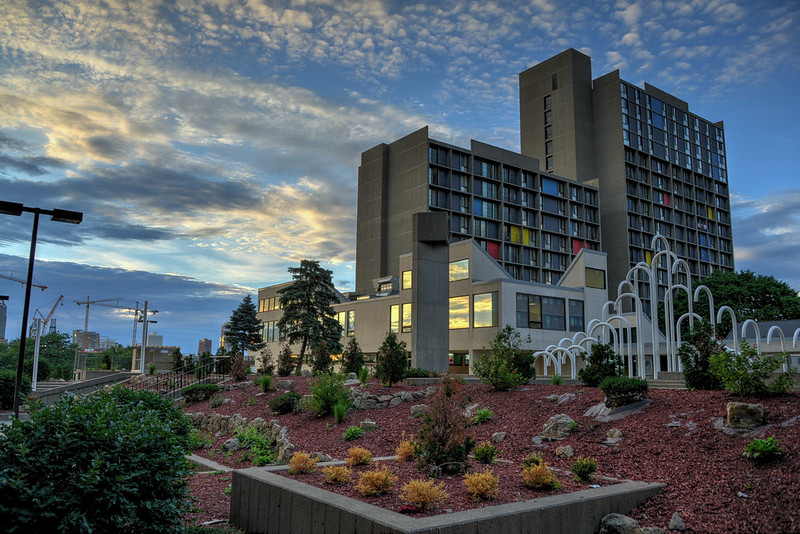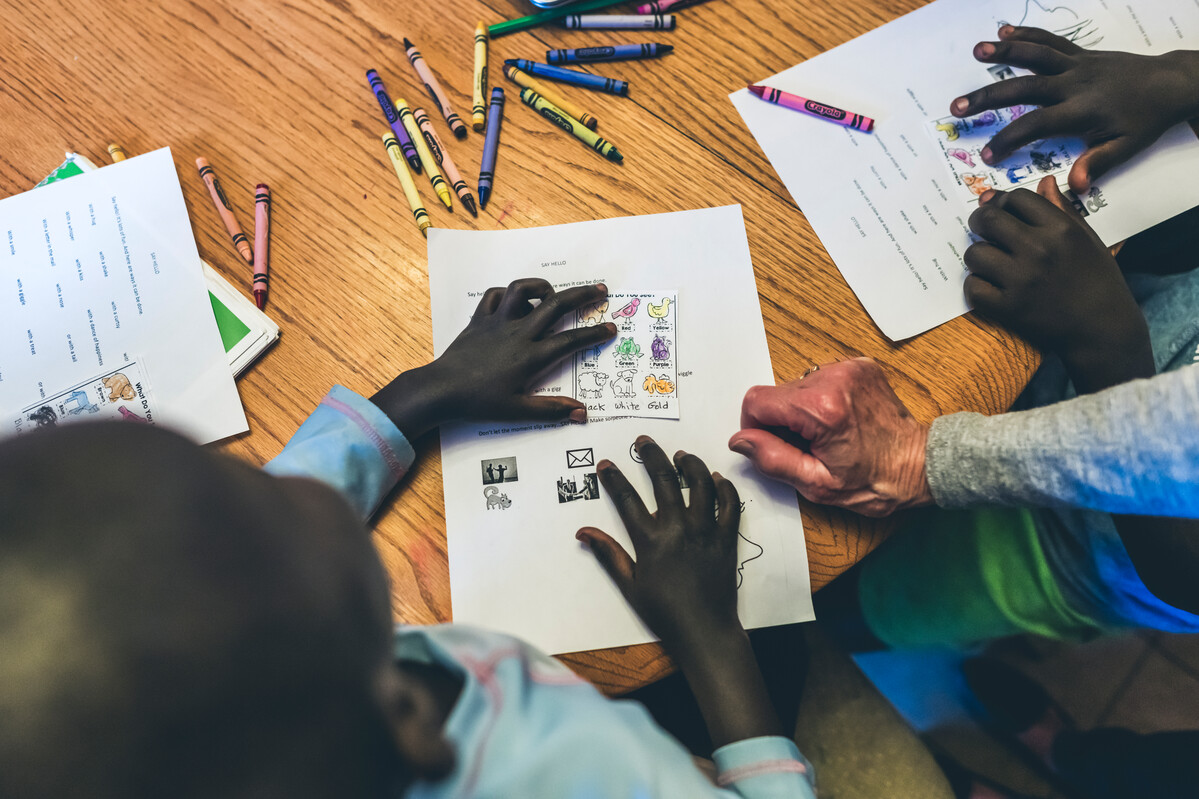 Refugee Crisis Update – Spring 2019
Refugee Crisis Update – Spring 2019
Refugees and U.S. Policy: Tens of thousands of refugees continue to be impacted by current U.S. resettlement policies. We believe as a country we can have both safety and compassion:
- In the first half of PY2019 (through March 31) only 12,154 refugees have been admitted into the U.S. and only 247 have been resettled in Minnesota (in comparison to PY2016 when Minnesota resettled 3,059 refugees).
- The White House lowered the ceiling on the number of refugees who can come to the U.S. to a record low of 30,000 for PY2019 (from 45,000 in PY2018 and 110,000 in PY2017).
- PY2018 (ended 9/30/18) saw the lowest number of refugees admitted in recent U.S. history: 22,491.
- Only 62 Syrian refugees were resettled in the U.S. in PY2018 compared to 6,587 in PY2017 and 12,587 in PY2016. This is a 99.5% decrease in the number allowed into the U.S. In the first half of PY2019 (through March 31), only a 218 Syrians have been admitted (out of over 6.3 million Syrian refugees).
- There are special restrictions on refugees from 7 countries (including Christians and other minorities). In the first half of PY2019 the U.S. admitted 48% fewer Christians and 90% fewer Muslims as well as 100% fewer Jewish refugees from Iran and 96% fewer Yazidi refugees from Iraq and Syria.
- Further restrictions have been placed on refugee reunification (family members in camps not being allowed to join those in the U.S.). This impacts many, especially from Africa, Asia, and the Middle East.
- Statistics show that the refugee resettlement program is the safest U.S. immigration program. No one in the U.S. has been killed by a terrorist act committed by any of the 3 million+ refugees resettled since 1980. Yet, there is a “virtual wall” excluding many refugees, including many persecuted Christians.
- In PY2018 Arrive Ministries resettled 104 refugees. Our numbers were previously about 400 per year. In PY2019 Arrive Ministries is seeing new refugees primarily from Burma, Democratic Republic of Congo, and Ukraine.
- Arrive Ministries has expanded its outreach to those refugees who are already in Minnesota and to asylum-seekers. We have experienced a burgeoning number of volunteers in our Somali Adult Literacy Training (SALT) and Refugee Life Ministries (RLM) programs for which we are grateful.
Refugees Worldwide (Source-UNHCR):
- 25.4 million refugees worldwide (and 3.1 million asylum-seekers)
- 3 million Syrians have fled as refugees
- More than 62% of the 2.0 million refugees who have fled South Sudan are children
- More than 5,000 refugees drowned in the Mediterranean seeking safety in 2017 and 2018
- 17 years is the average length of time a refugee spends in a camp until they are resettled
- There are 40 million Internally Displaced People (IDP), including 6.6 million Syrians and 3 million Yemenis
Refugees in the United States (Source-U.S. State Department):
- From 2002 to 2018, the U.S. admitted 415,000 Christian refugees and 310,000 Muslim refugees. 46% of all refugees who have entered the U.S. during this time were Christian while 33% were Muslim (Pew Research Center).
- 3 million refugees from all countries have arrived in the U.S. over the past 30+ years. Over 100,000 from 100 countries have resettled in Minnesota. (Refugee Program Office, State of Minnesota)
- More than 260,000 women and children have been resettled in the U.S. since 2011 (70% of total arrivals).
- 18-24 months is the average security screening time for a refugee before arriving in the U.S.
- With the ceiling on the number of refugees to be allowed into the U.S. lowered to 30,000 for PY2019, this means that a maximum of one refugee will be admitted for every 12,000 U.S. residents. This results in fewer refugees being helped and family reunification cases being put on hold indefinitely.
- Refugees in the United States are protected by U.S. law. Refugee status does not expire, but we encourage refugees to apply for Green Cards (after 1 year) and to become U.S. Citizens (after 5 years).
DACA/Dreamers
- What is DACA? The Deferred Action for Childhood Arrivals program, better known as DACA, temporarily shielded certain child immigrants (often called Dreamers) from deportation and made them eligible for work permits. It was considered a temporary measure until Congress addressed immigration reform.
- Who is eligible for DACA? To qualify, immigrants had to have been under 31 at the time the program was announced (2012), have come to the U.S. before reaching their 16th birthday, have lived in the U.S. continually since June 15, 2007, and have no criminal record. About 1.6 million children qualified for DACA, but not all registered for the program.
- Why did DACA end? Attorney General Jeff Sessions declared that DACA would end on March 5, 2018. The administration said the deadline would force Congress to find a substitute for DACA. Congress has not found a substitute. Due to nationwide injunctions in the courts, USCIS is currently required to accept DACA renewal applications to prevent deportations. Without immigration reform, Dreamers are in limbo and first-time applications for DACA are not being accepted.
- How many people have DACA? The total number of DACA recipients, reported by Department of Homeland Security, is around 800,000.
- What can I do? Pray that Congress would act and debate immigration reform. Please advocate on behalf of Dreamers who have no country to go back to and have no other way to become legal residents of the U.S. For more information visit http://evangelicalimmigrationtable.com
Temporary Protective Status
- What is TPS: The Secretary of Homeland Security can designate a foreign country for TPS due to conditions in the country that temporarily prevent the country’s nationals from returning safely, or in certain circumstances, where the country is unable to handle the return of its nationals adequately because of such things as ongoing armed conflict (such as civil war) or environmental disaster (such as earthquake or hurricane) or an epidemic.
- Countries for which TPS has been terminated (on hold until further notice because of court challenges)
- El Salvador
- Nepal
- Haiti
- Nicaragua
- Honduras
- Yemen
- Liberia
- Countries which may lose TPS status
- Syria: TPS valid through September 2019
- South Sudan: TPS valid through November 2020
- Somalia: TPS valid through March 2020
How to respond:
- Pray for our nation’s leaders, refugees around the world, and for the church to respond with compassion.
- Love your friends, neighbors, and coworkers who are refugees, DACA, or on TPS. They are feeling disheartened and fearful right now and unsure of the future of their loved ones still overseas.
- Advocate for refugees overseas and for a compassionate response to refugee resettlement and for Dreamers from our leaders in Washington.
- Volunteer and Support Arrive Ministries. We still have refugees being resettled and many families already here who desire friendship, ESL/tutoring help, employment mentors, and other practical support.
- Above all “love your neighbor as yourself.”




